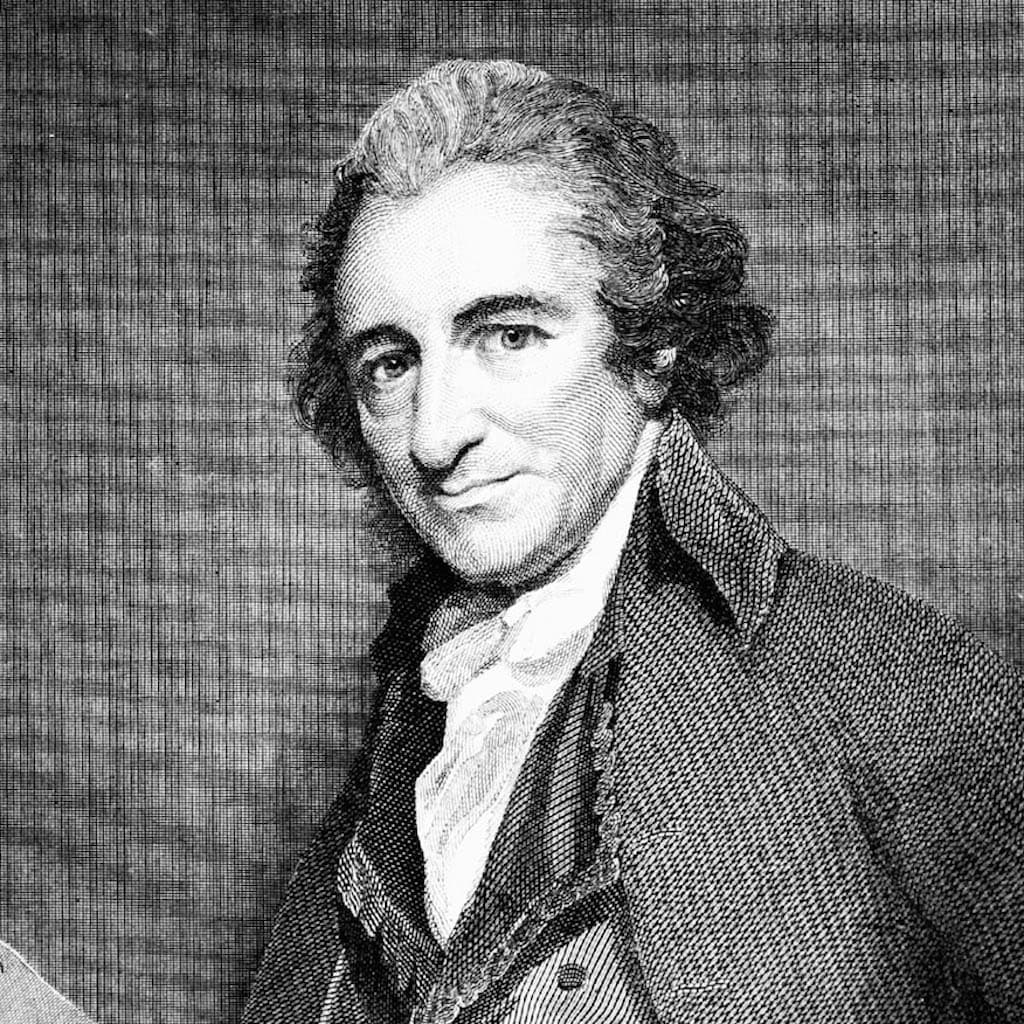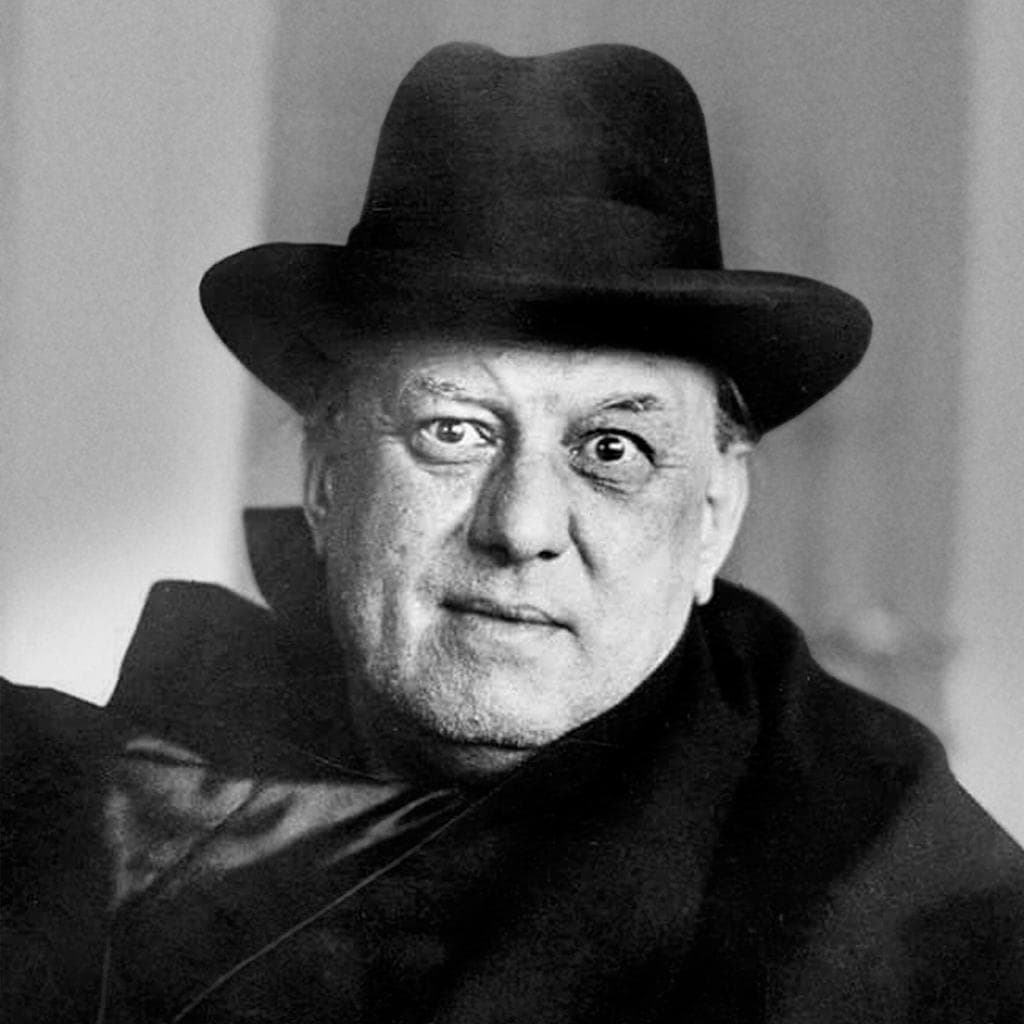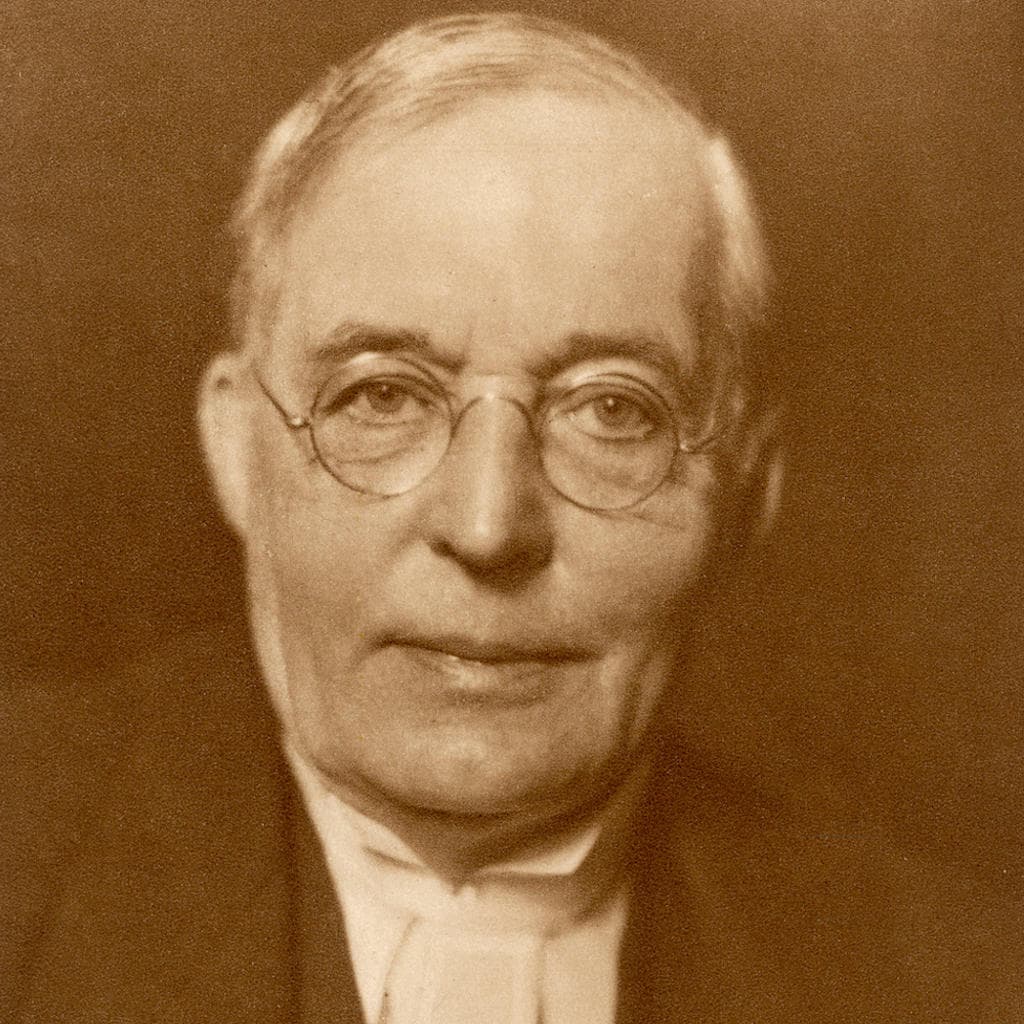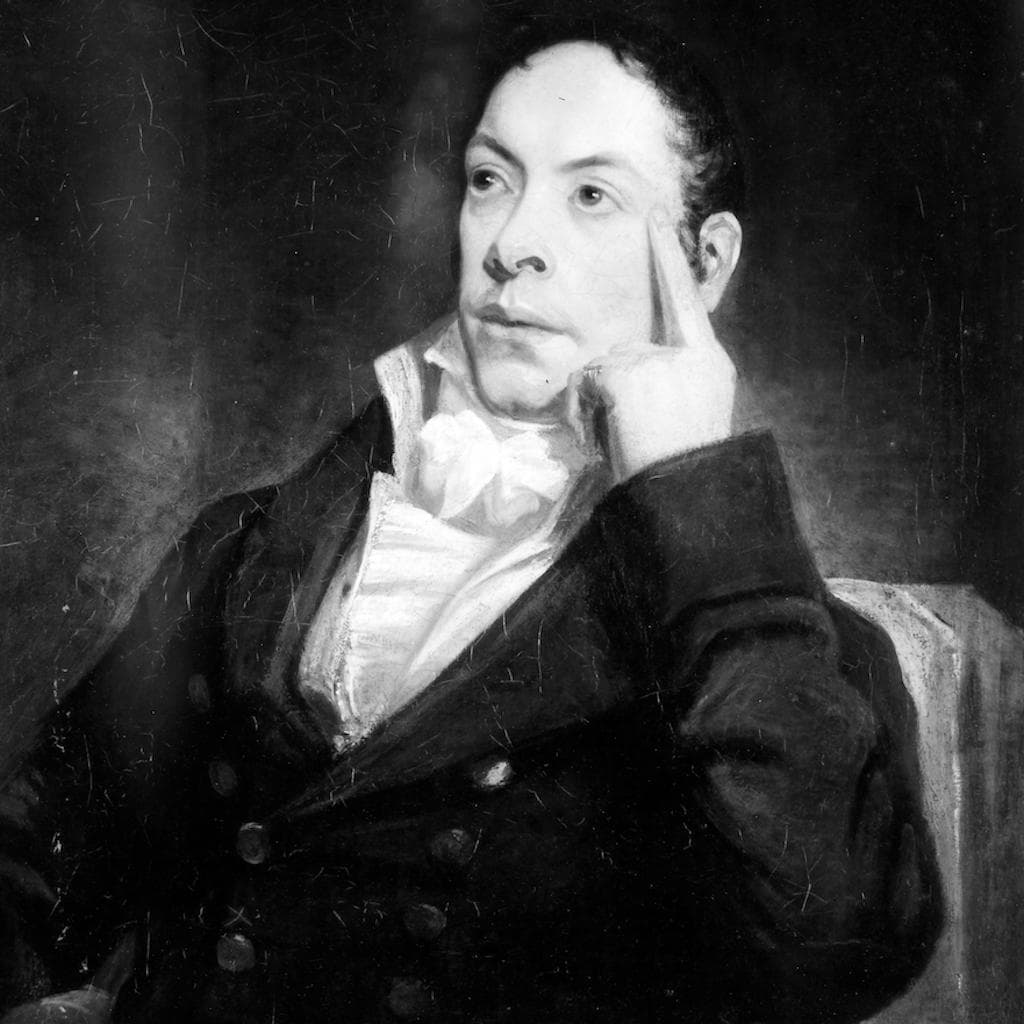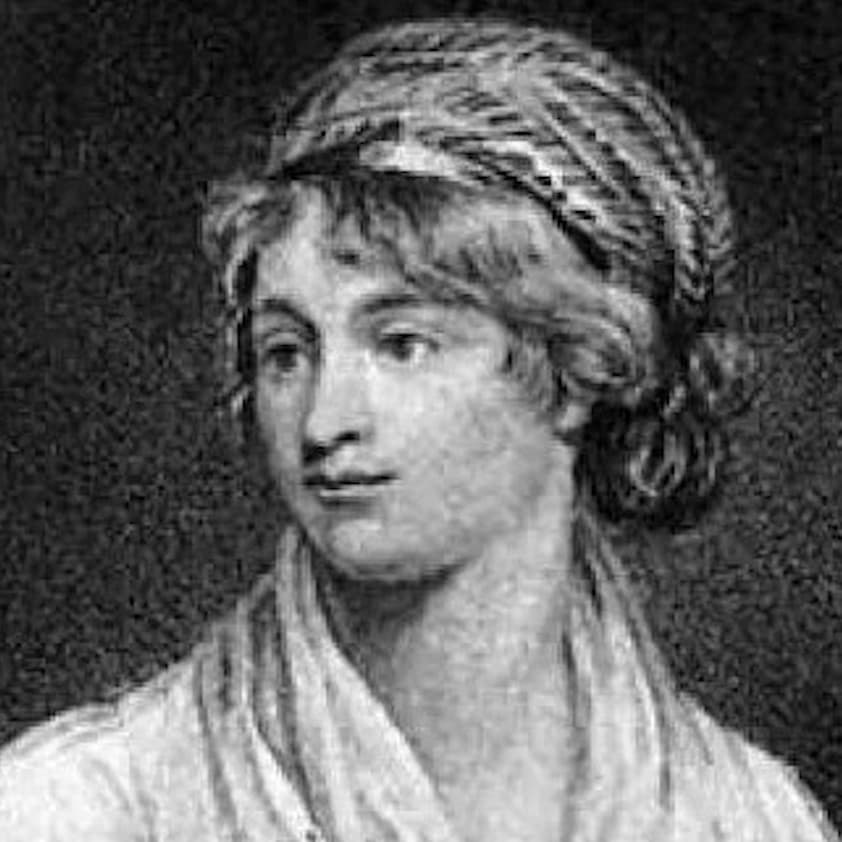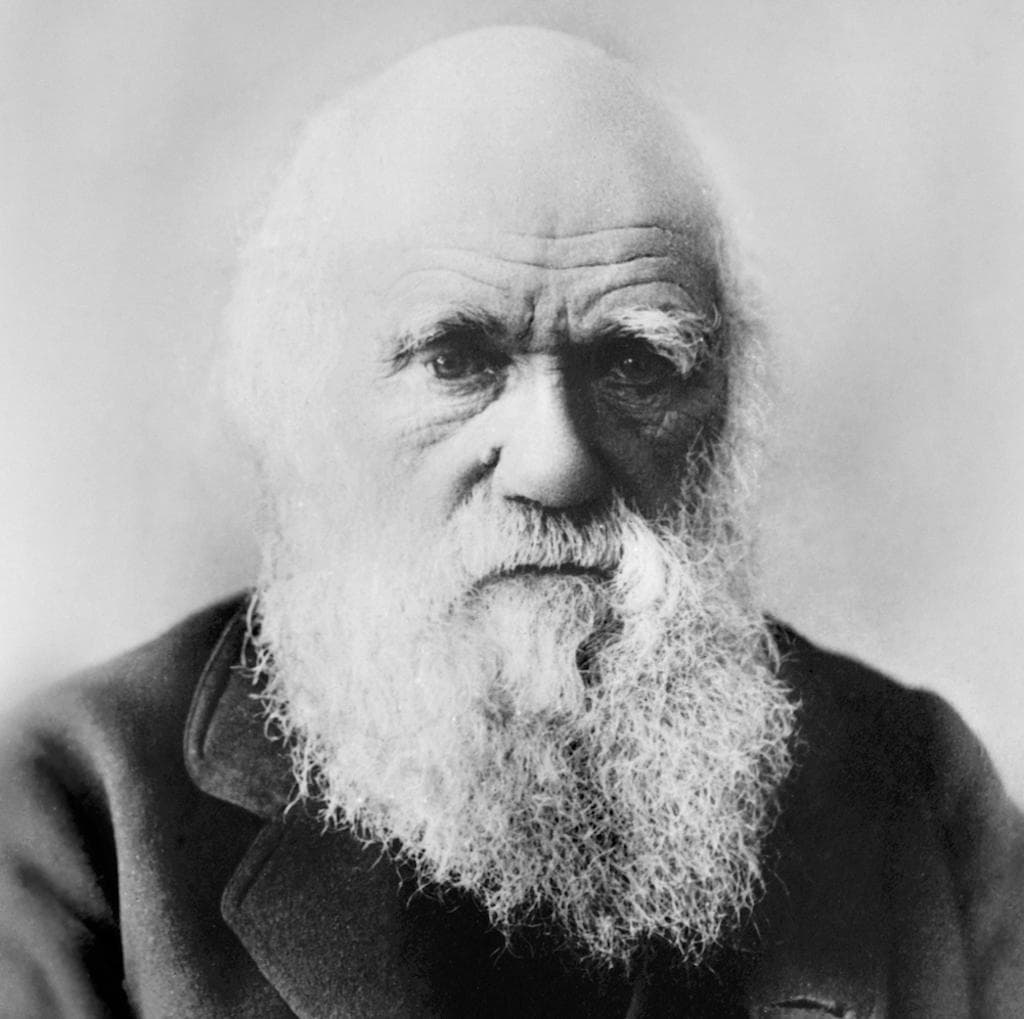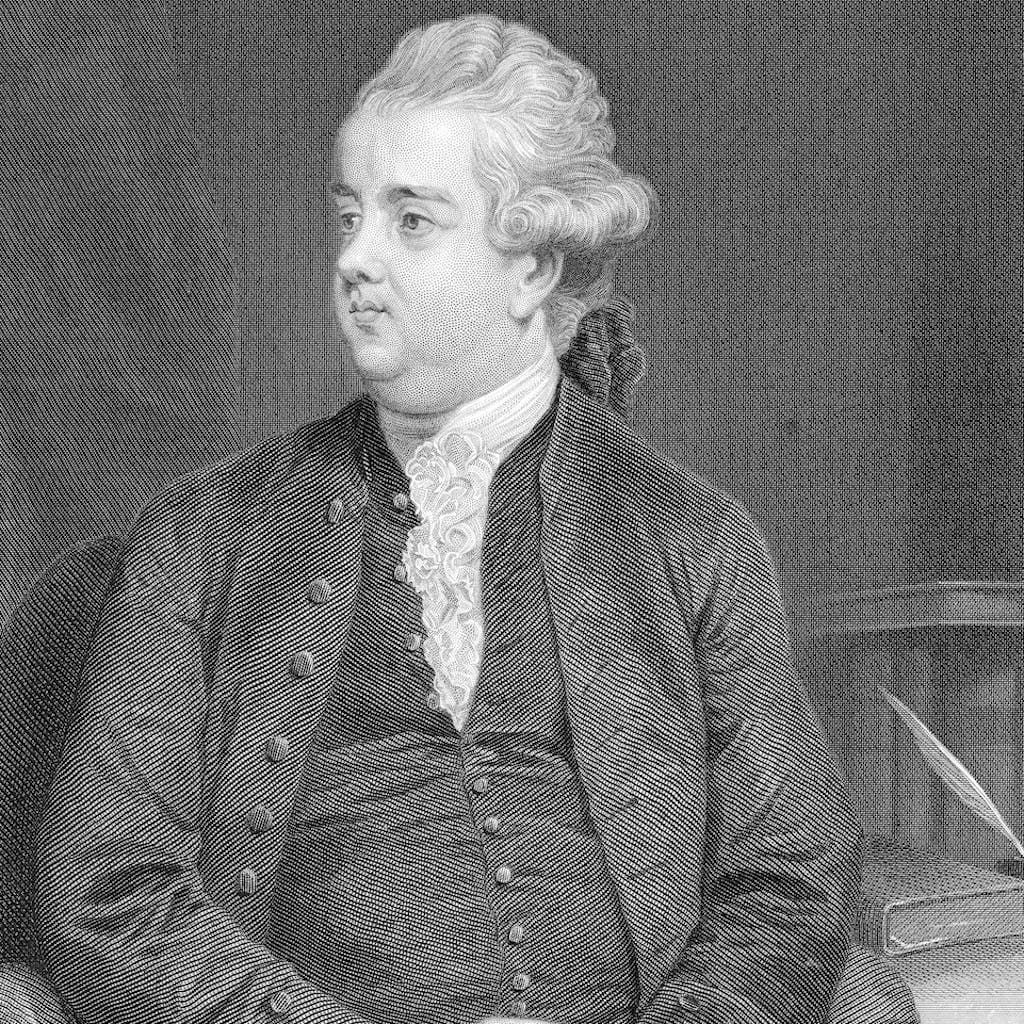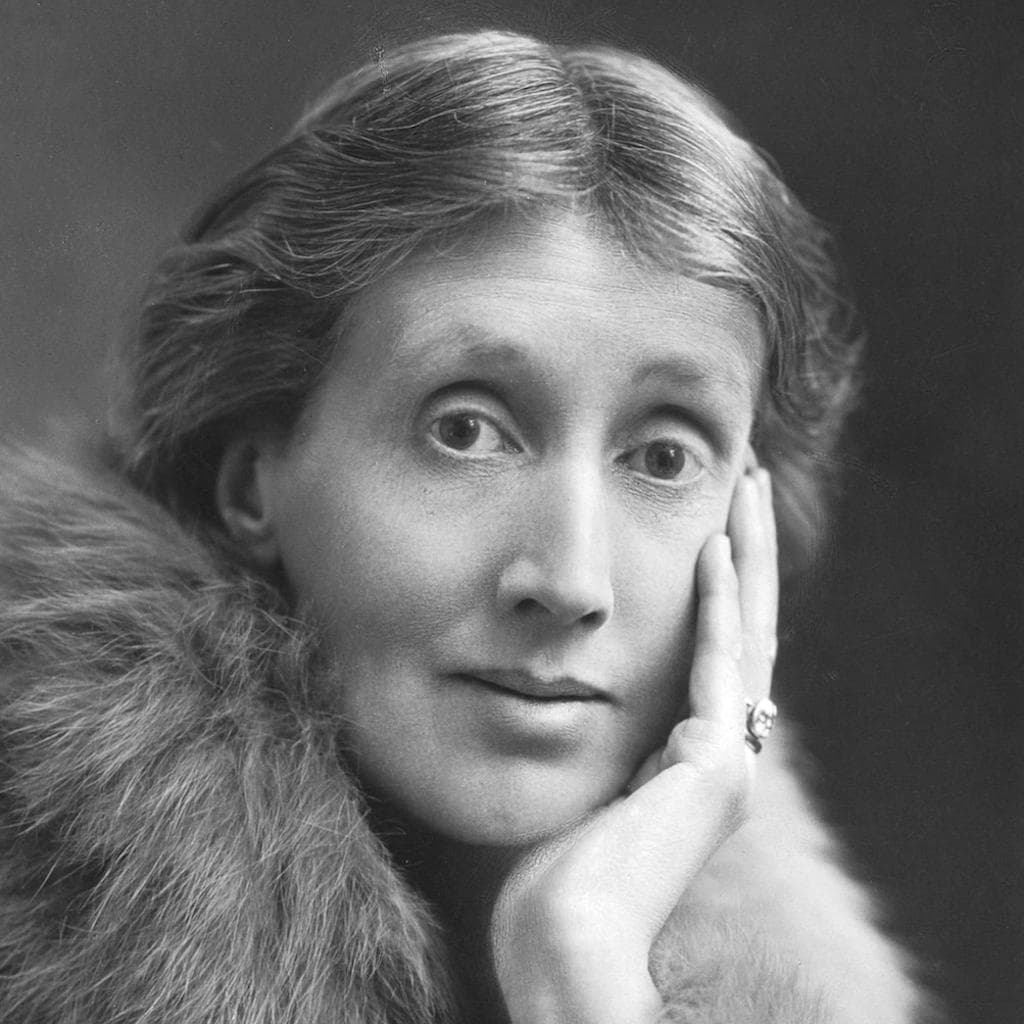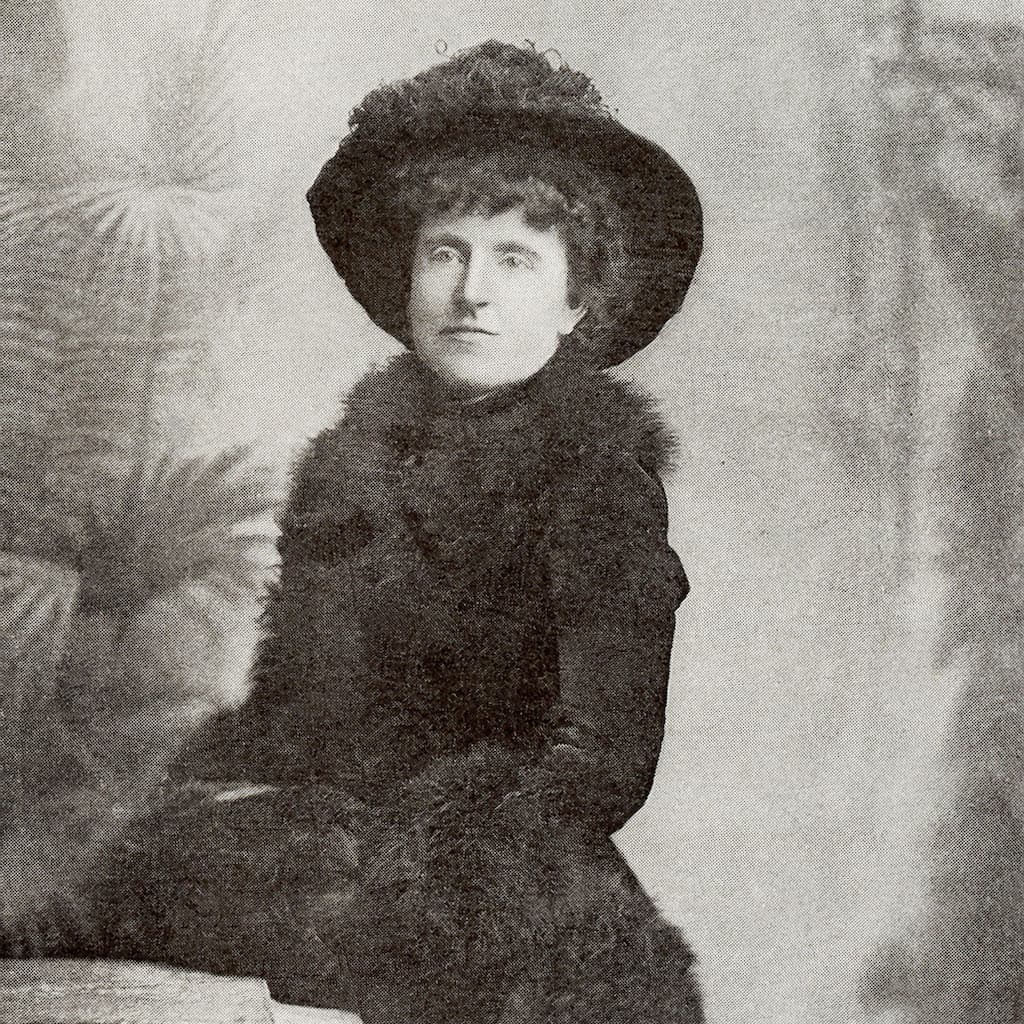BLOG POSTS
Nationality: English
Paine Thomas
Born in Norfolk, Thomas Paine (1737 – 1809) emigrated to the British colonies in America in 1774, in time to support and participate in the fight for American independence. Subseqently, he became involved in the French Revolution, and his book ‘The Rights of Man’ earned the respect of liberals throughout the world, international repute and the ire of the British Government. His popularity suffered a complete collapse with the publication of ‘The Age of Reason’, with its attack on Christianity, and religion in general, although, in time, the book could be seen to reflect the underlying trend in American thought in the eighteenth century, and ‘The Rights of Man’ to define many of the principles of both of the revolutions in whuch he participated.
Crowley Aleister
The sub-title of the latest biography of Aleister Crowley (1875 – 1947), ‘Spiritual Revolutionary, Romantic Explorer, Occult Master – and Spy’, gives something of the flavour of his extraordinary life. Identifying himself with the ‘Great Wild Beast 666’, among his vast literary output was some fascinating short fiction which is gathered together in two Wordworth collections.
James M.R.
M(ontague) R(hodes) James (1862-1936), the son of a Kent curate, enjoyed a glittering academic career, and was acknowledged as a leading authority on medieval manuscripts and biblical apocrypha. By way of diversion, over a period of time he wrote thirty four of what are acknowledged to be the best ghost stories ever written. The passing of time does not lessen their popularity or their ability to chill, and our edition of ‘Collected Ghost Stories’ remains the best-selling book in the series.
Lewis Matthew
Matthew Lewis (1775 – 1818) is an English writer remembered for his novel. ‘The Monk’. Although not totally original, having been influenced by the writings of Ann Radcliffe and Hugh Walpole, ‘The Monk’ has nevertheless maintained its place in the early examples of Gothic horror, shocking its readers, and causing Jane Austen to send it up in ‘Northanger Abbey’.
Radcliffe Ann
Although Ann Radcliffe (1764 – 1823) did not invent the Gothic novel, she was a major factor in its development and popularity, and her work was very influential on many later writers, including Jane Austen. Her two best-remembered books are ‘The Mysteries of Udolpho’ (1794) and ‘The Italian’ (1797).
Darwin Charles
There have been few books written of more significance than ‘The Origin of Species’ by Charles Darwin (1809 – 1882). Although some of the detail has superseded by subsequent scientific progress, the book remains central to current evolutionary theory.
Gibbon Edward
‘The History of the Decline and Fall of the Roman Empire’ by Edward Gibbon (1737 – 1794) is a work that is instantly familiar to most ears, even to those who would never consider reading it. It comprises 71 chapters, approximately 1,500,000 words, and nearly 8,000 footnotes and covers a time span of close to 1,500 years. Still in use as a reliable record of the period, it has been described as ‘the greatest prose epic in the English tongue’.
Woolf Virginia
(Adeline) Virginia Woolf (1882-1941) was an English writer, whose innovative, experimental novels have had a lasting effect on the development of modern literature. Her books, such as ‘Mrs Dalloway’, ‘The Waves’ and ‘To the Lighthouse’, with their stream-of-consciousness structure, have led her to be recognised as one of the most significant writers of the twentieth century.
Burnett Frances Hodgson
Frances Hodgson Burnett (1849 – 1924) was an English writer who spent much of her life in America. Her most popular book during her lifetime was ‘Little Lord Fauntleroy’, but she is better remembered now for ‘The Little Princess’ and particularly ‘The Secret Garden’.
